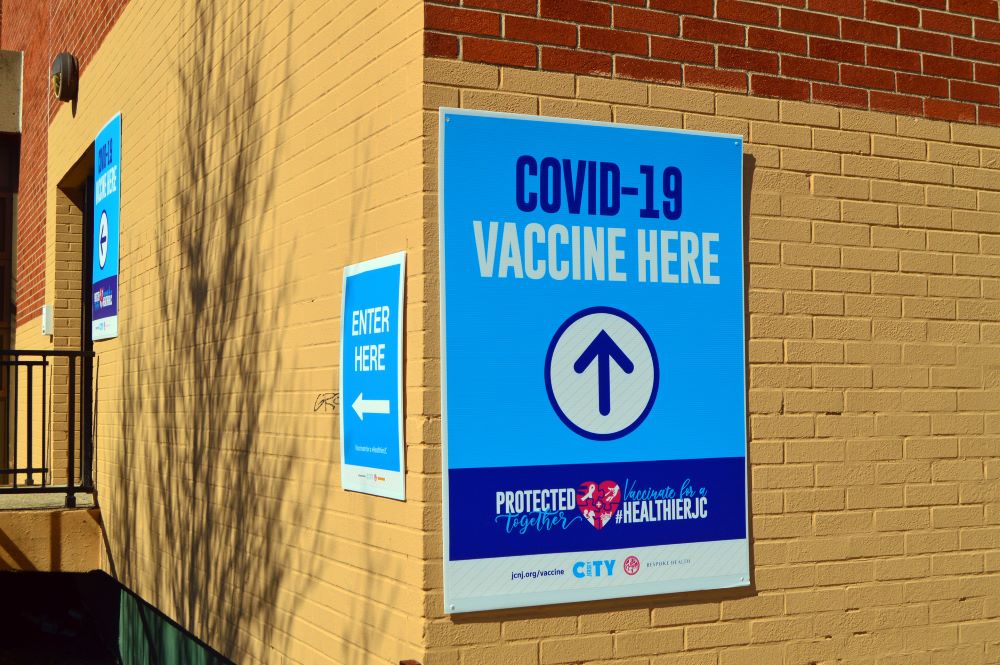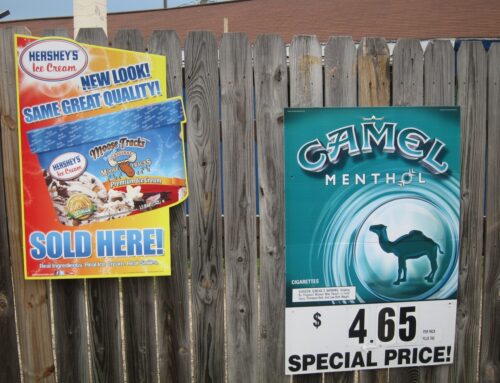April is National Minority Health Month and the theme this year from the National Institute of Minority Health (NIMH) is Vaccine Ready. We know that COVID-19 affects communities of color disproportionately, and vaccination is an important tool to protect vulnerable communities by preventing hospitalization and death. With vaccines becoming more widely available, there are efforts underway to ensure equitable access and new resources and strategies to address vaccine hesitancy.
Significant challenges must be overcome in order to provide access to vaccines for all. Structural barriers such as time, transportation, and location have long been issues that impact vaccination rates. Limited Internet access, difficulty filling out online scheduling forms, and websites with poor Spanish language translation can also impede access. Historical events and unethical violations of Black bodies have led to the mistrust of medical providers or treatments by Black communities.
So far, the data on COVID-19 vaccinations mirror the racial inequities that persist in our healthcare system. According to the data released by the CDC on demographics of people receiving COVID-19 vaccinations, White, non-Hispanic individuals have been vaccinated at a highly disproportionate rate, especially compared to Hispanic/Latino and Black individuals. We have some ground to make up to reach all communities.
There are several ways inequitable vaccination is being addressed, using informational outreach as well as engaging with community leaders. Numerous organizations are putting together resources on how vaccines work, increasing transparency on how vaccines are authorized, and addressing concerns. The Department of Health and Human Services has a public education campaign to increase vaccine confidence with resources and toolkits in both English and Spanish.
The Center for Black Health & Equity has partnered with the American Lung Association to produce the COVID-19 Vaccine Toolkit – Power & Immunity. This helpful resource explains the current vaccines and how they work, with discussion points designed to help readers start dialogs with their family and friends about getting vaccinated.
Engaging with trusted community leaders is a strategy that has proven effective. Black community leaders in public health, faith-based organizations, historically black colleges and NAACP organizers, as well as from more local sites such as barbers and hair stylists, neighborhood town halls, and door to door outreach are part of an interdisciplinary approach that focuses on trust. The U.S. Department of Health and Human Services (HHS) has launched the COVID-19 Community Corps, a national network of community leaders to encourage Americans to get vaccinated. THE CONVERSATION: Between Us, About Us. is a virtual campaign launched in March, co-developed by KFF (Kaiser Family Foundation) and the Black Coalition Against COVID. In a series of YouTube videos, Black healthcare workers share facts about vaccines and address misinformation and concerns.
The CDC has recently allocated $3 billion to expand COVID-19 vaccination programs and reach underserved populations through community-based organizations. New walk-in vaccination sites are opening in many communities, as well as mobile vaccination clinics and other sites beyond hospitals. In Philadelphia, new community-based clinics vaccinated almost 3,000 people, 85 percent of whom were Black.
We have the tools to ensure vaccination is equitable, transparent, and based on trust. The amazing scientific achievement of producing highly effective vaccines so rapidly during a pandemic cannot be fully celebrated if we do not ensure that every community has access. We still have a lot of work to do to reach equity in vaccinations and address barriers to improve the health of communities overall.





